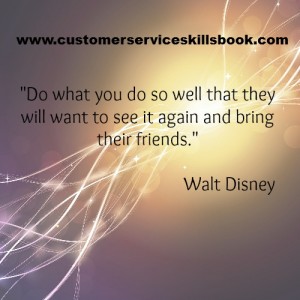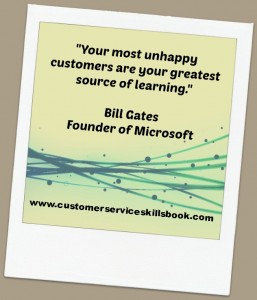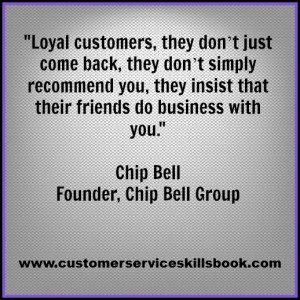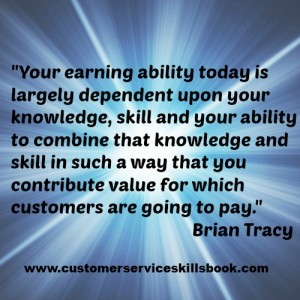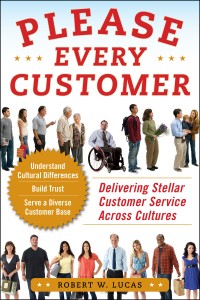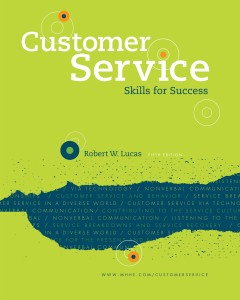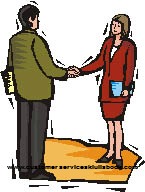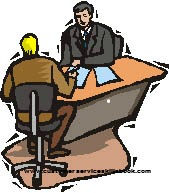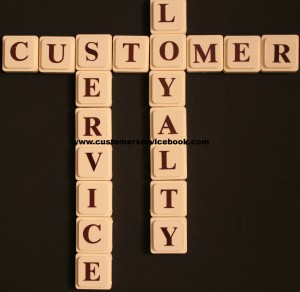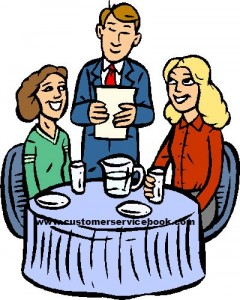Customer Loyalty Quote – Walt Disney
In order to help create a customer-centric environment and develop brand and customer loyalty, always act in the best interest of your customers. Listen to them, ask questions, anticipate their needs, deliver what you promise, and exhibit high levels of professionalism in everything that you do whether your customers are present or not.
To build customer loyalty, take the advice of Walt Disney, a man who obviously knew how to please people:
For tips on how to create brand and customer loyalty and positively impact customer relationships, get a copy of Customer Service Skills for Success and How to Be a Great Call Center Representative.
Who was Walt Disney?
Walter Elias Disney was born on December 5, 1901, in Hermosa, Chicago, Illinois. He was educated at the McKinley High School in Chicago, where he took drawing and photography classes and was a contributing cartoonist for the high school’s newspaper publication. Later in the evenings, he took courses at the Art Institute of Chicago.
Walt Disney is best known for being an American entrepreneur that created Mickey Mouse. He was an animator, voice actor, and film producer. Walt Disney was an early pioneer of the American animation industry and he introduced several developments in the production of cartoons, such as Donald Duck, Minnie Mouse, to name a few. He past away on December 15, 1966, at the Providence Saint Joseph Medical Center in Burbank, Burbank, California.
About Your Awad-Winning Author and Customer Service Skills Blogger – Robert C. Lucas
Bob Lucas has been a trainer, presenter, customer service expert, and adult educator for over four decades. He has written hundreds of articles on training, writing, self-publishing, and workplace learning skills and issues. He is also an award-winning author who has written thirty-seven books on topics such as, writing, relationships, customer service, brain-based learning, and creative training strategies, interpersonal communication, diversity, and supervisory skills. Additionally, he has contributed articles, chapters, and activities to eighteen compilation books. Bob retired from the U.S. Marine Corps in 1991 after twenty-two years of active and reserve service.
Make Money Writing Books: Proven Profit Making Strategies for Authors by Robert W. Lucas at Amazon.com.
The key to successfully making money as an author and/or self-publisher is to brand yourself and your company and to make yourself and your book(s) a household name. Part of this is face-to-face interaction with people at trade shows, library events, book readings, book store signings, blogging or guest blogging on a topic related to their book(s). Another strategy involves writing articles and other materials that show up online and are found when people search for a given topic related to a topic about which the author has written.
If you need help building an author platform, branding yourself and your book(s) or generating recognition for what you do, Make Money Writing Books will help. Bob’s popular book addresses a multitude of ideas and strategies that you can use to help sell more books and create residual and passive income streams. The tips outlined in the book are focused to help authors but apply to virtually any professional trying to increase personal and product recognition and visibility.
In my book Customer Service Skills for Success, I define customer service as “the ability of knowledgeable, capable, and enthusiastic employees to deliver products and services to their internal and external customers in a manner that satisfies identified and unidentified needs and ultimately results in positive word-of-mouth publicity and return business.”

